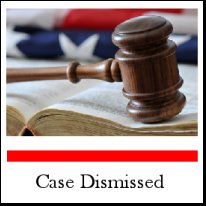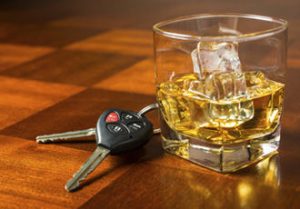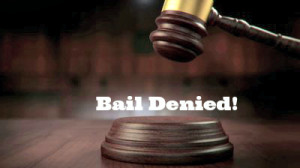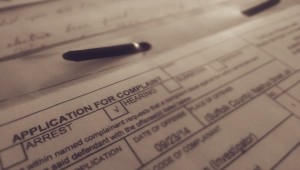Central to almost every criminal case is the issue of credibility. The defense is almost always challenging the testimony of a police officer, an expert witness or an eye witness to a crime. Not every alleged crime is caught on tape. Sometimes the defense and the district attorney have to rely on witnesses to establish and prove their cases. One of the most common questions I get from prospective clients is how can I prove someone is lying at my trial? Continue Reading
For a Free Consultation
 Massachusetts Criminal Defense Attorney Blog
Massachusetts Criminal Defense Attorney Blog










![Got privilege[4]](https://www.massachusettscriminaldefenseattorneyblog.com/files/2016/02/Got-privilege4.jpg)




